Breaking News: Unusual Infection on Penis Raises Concerns
A 57-year-old man in Ireland has been hospitalized with a rare and puzzling infection on his penis, which may be connected to his work with dead animals. The man, who had received a kidney transplant 15 years prior, presented with a red, swollen, and painful penis, accompanied by a fever. He was initially treated with antibiotics for a suspected bacterial skin infection, but his condition worsened, prompting consultation with infectious disease doctors.
According to an article published in ASM Case Reports, the man's symptoms began to develop over the course of a week, with his condition becoming increasingly severe. He was admitted to a hospital in Dublin and underwent a thorough review of his case, which revealed that he had been working with dead animals in the three months preceding his hospitalization.
The immediate impact of this unusual infection is a heightened sense of concern among healthcare professionals, particularly those working with immunocompromised patients. "This case highlights the importance of considering rare and unusual infections in patients with compromised immune systems," said Dr. Sarah Jones, an infectious disease expert at Trinity College in Dublin. "We need to be vigilant in monitoring these patients for signs of infection and take prompt action when necessary."
The background context for this unusual infection is that tuberculosis (TB) can manifest in various forms, including extrapulmonary TB, which affects organs outside the lungs. While TB is typically associated with the lungs, it can also affect the skin, bones, and other organs. In this case, the man's immunosuppressed state may have contributed to the development of an unusual form of TB on his penis.
As for what happens next, the man is currently undergoing treatment for his infection, which is being closely monitored by his healthcare team. The case has sparked a wider discussion among healthcare professionals about the importance of considering rare and unusual infections in immunocompromised patients.
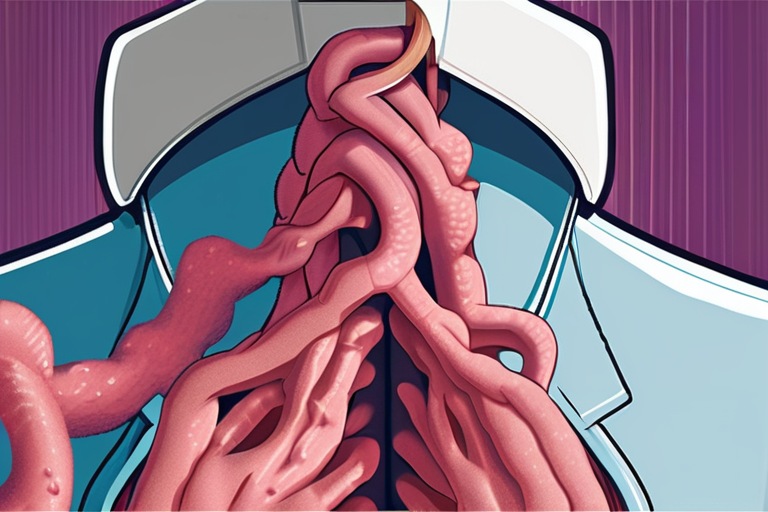










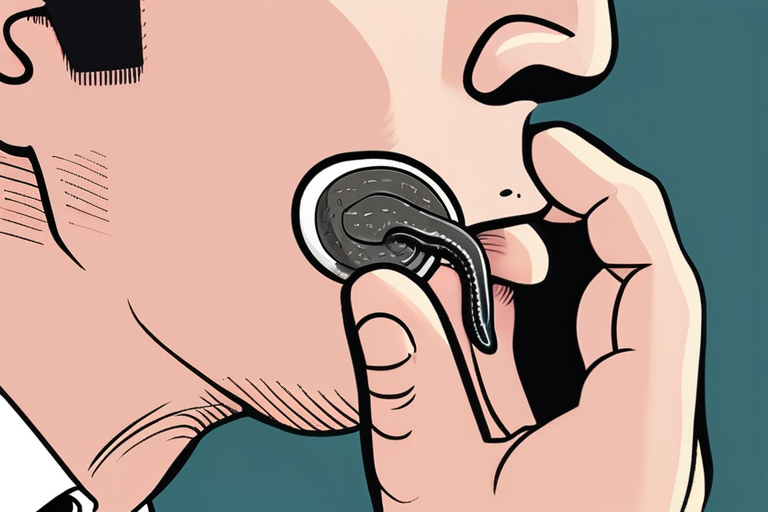

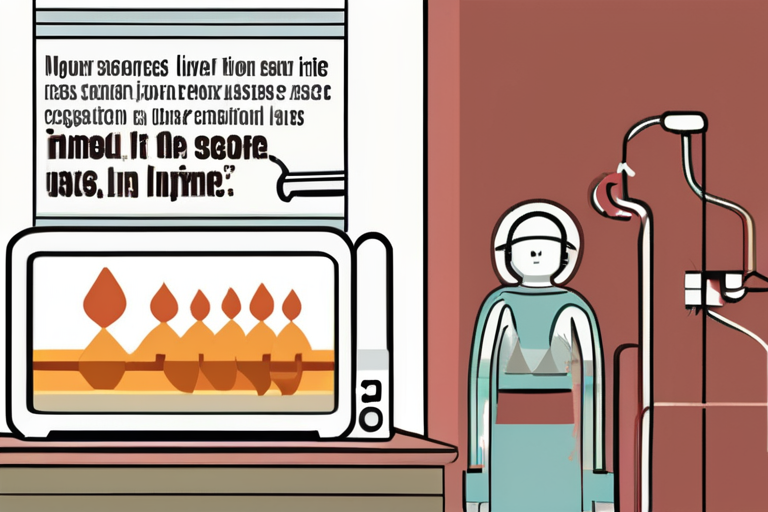
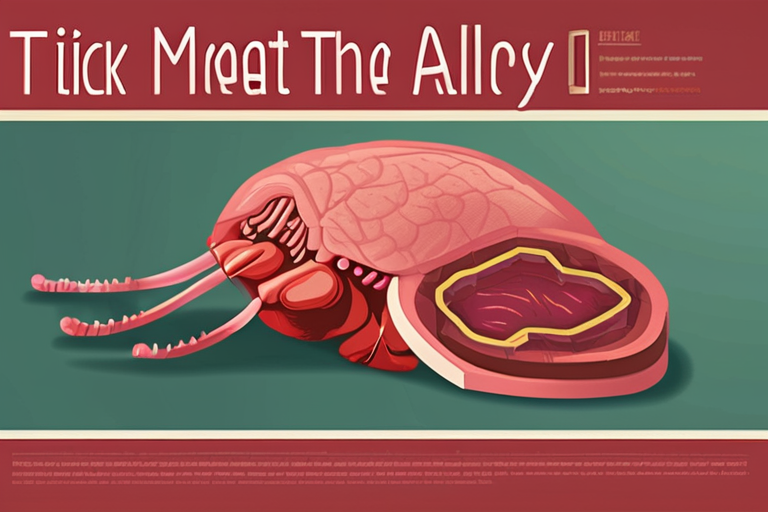
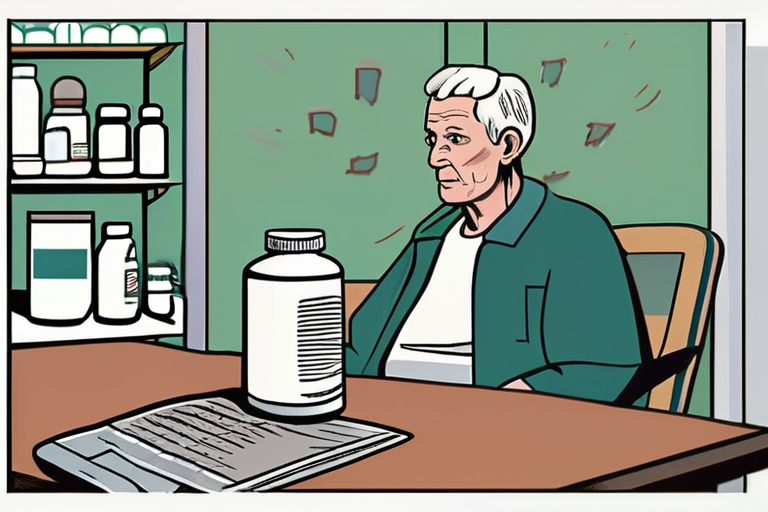




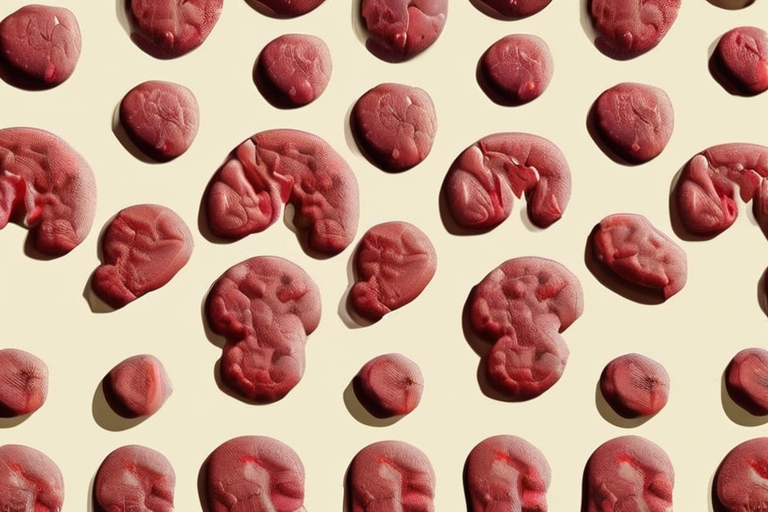

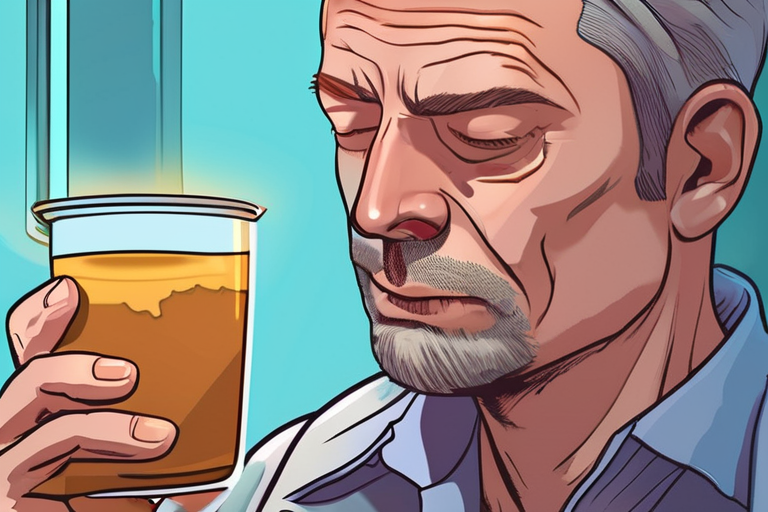
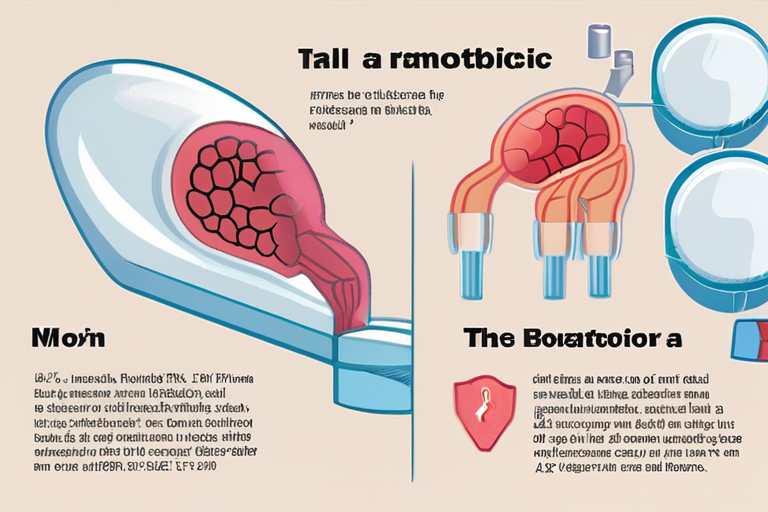

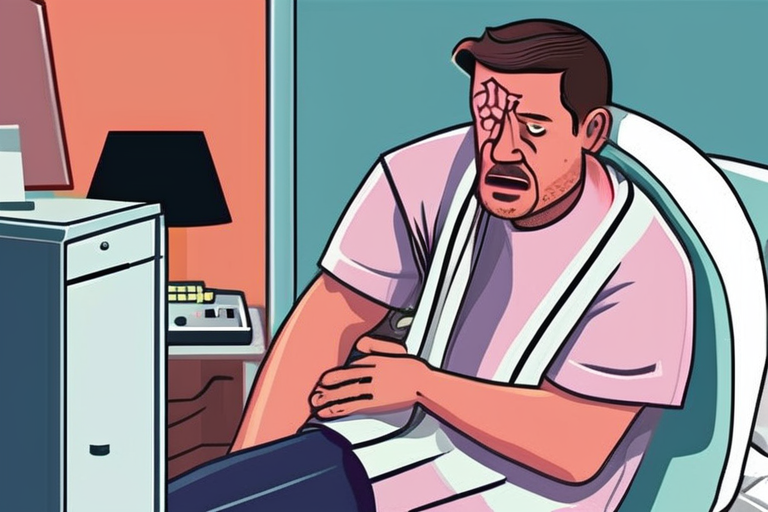

Share & Engage Share
Share this article